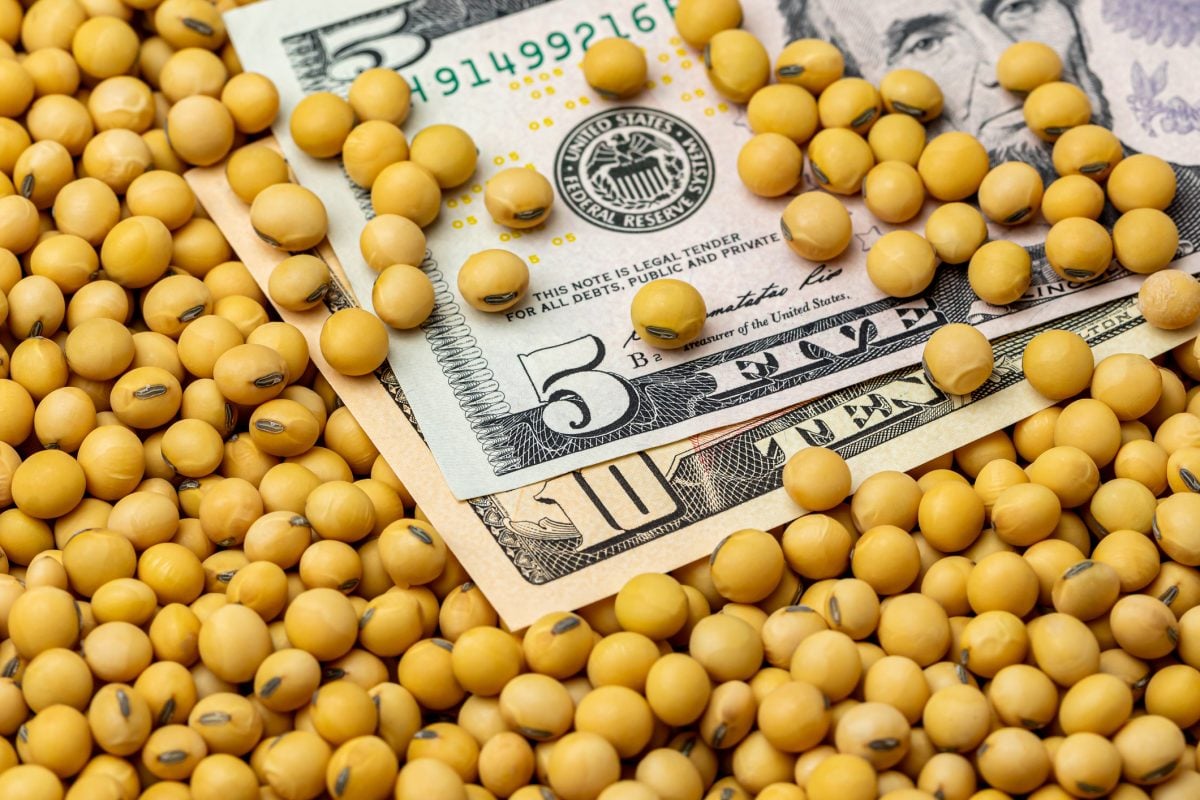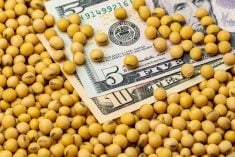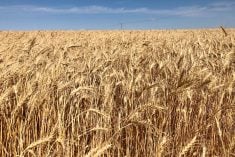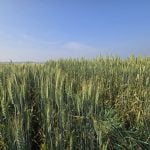Chicago | Reuters — Chicago Board of Trade wheat futures approached a two-month high on Tuesday as fears of Russian military action in Ukraine made traders nervous about a potential disruption to supplies from the Black Sea exporters.
Tensions remained high after NATO said on Monday it was putting forces on standby and reinforcing Eastern Europe with more ships and fighter jets in response to Russia’s troop buildup near its border with Ukraine.
Interruptions to grain flows from the Black Sea region could leave importers scrambling for alternatives such as European Union and U.S. wheat, and add further fuel to food inflation.
Read Also

U.S. grains: Soybean futures hover near 15-month high after China buys U.S. cargoes
Chicago Board of Trade soybean futures hovered near a 15-month high on Wednesday after trade sources said China made its first purchases from the autumn U.S. harvest ahead of a summit between leaders Donald Trump and Xi Jinping.
Ukraine is projected to be the world’s third-largest exporter of corn in the 2021-22 season and fourth-largest exporter of wheat, according to International Grains Council data. Russia is the world’s top wheat exporter.
“There is no way of knowing how the conflict between Russia and Ukraine will affect the flow of wheat out of the Black Sea region, but the trade is building risk premium into the wheat market just in case,” said Tomm Pfitzenmaier, analyst for Summit Commodity Brokerage in Iowa. “Some of that strength is spilling over into the corn market.”
The most-active wheat contract on the Chicago Board of Trade (CBOT) ended 17-1/2 cents higher at $8.18 a bushel and reached its highest price since Nov. 29 at $8.31-1/2 (all figures US$).
CBOT corn closed down one cent at $6.20 a bushel after earlier touching its highest price since June at $6.31.
In the soybean market, the most-active contract settled up 4-1/4 cents at $14.07-1/4 a bushel. Futures rose as traders weighed mixed crop prospects in South America and signs of healthy demand for U.S. supplies.
Rains in recent weeks brought a “water bomb” to key farming areas in Argentina’s northwest Buenos Aires province, the Rosario grains exchange said, after drought hit crops.
— Reporting for Reuters by Tom Polansek in Chicago, Gus Trompiz in Paris and Emily Chow in Beijing.











